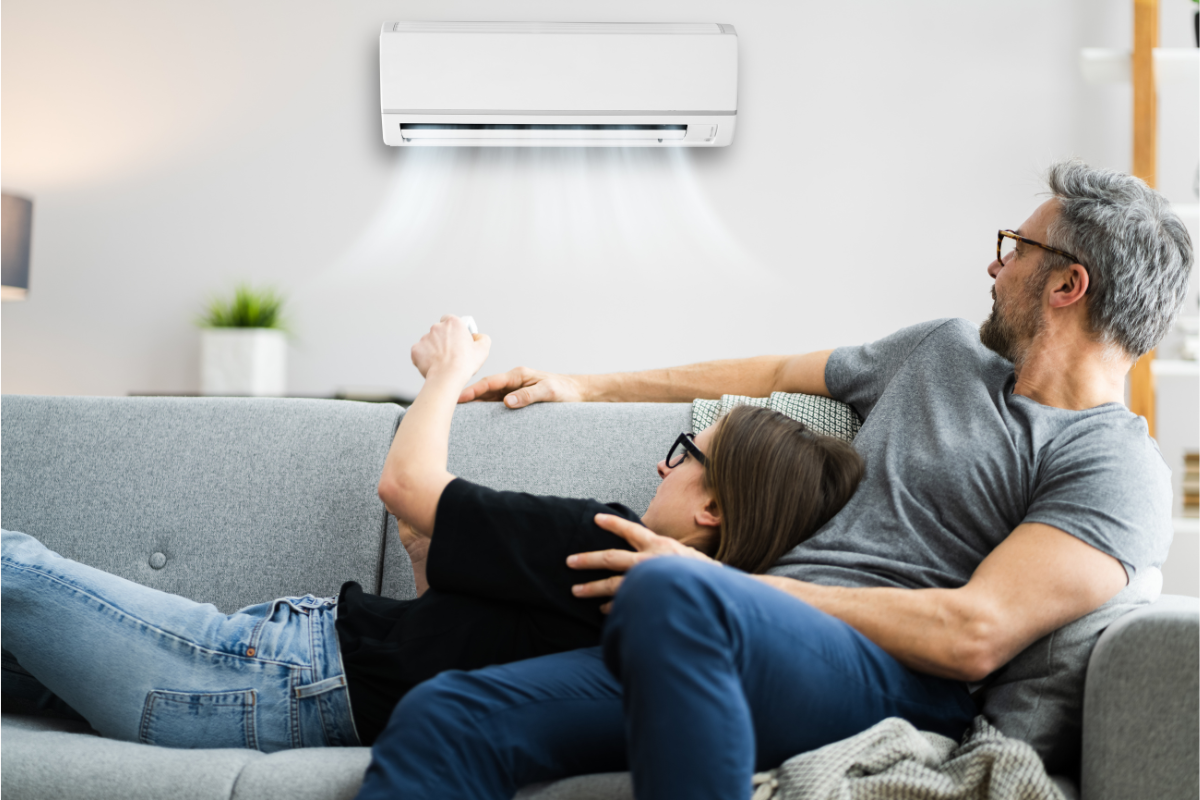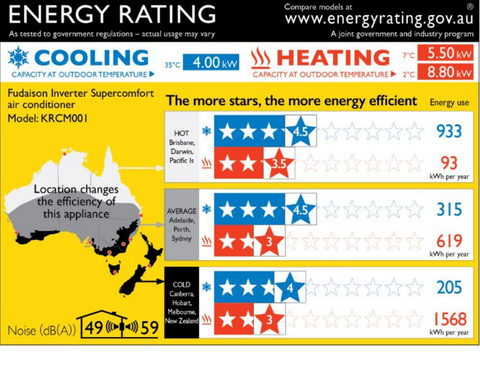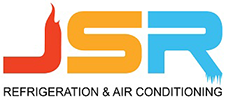4 key questions to ask yourself when purchasing an air conditioning

By Team JSR
To mitigate the heat during summer, we rely on air conditioning system to improve our well-being. If you are unable to answer a few essential questions before buying one, you’ll likely regret your decision later.
We all know that summer can be tough because of the heat, but adjusting your A/C unit is a relatively straightforward process. The hard part is deciding what to do if you don’t have an A/C unit or want to replace the current one you have.
What requirements do you have when making a choice? How do you decide which model to prefer compared to the other? The four questions in this article will help you make the right choice. If you already know the answers, you’ll pass with ease.
1. What system should you choose?
Three options to choose from due to simplicity:
Split-system Air Conditioning/Heat Pump system:
Most common Aircon/Heat pump found in households. This system has one unit or interior split where you turn on the system and cold air flows out. The second unit is usually located outside the home. The strength of the split-system is that it’s a powerful system, including providing energy efficiency through both cold and warm airflow. The drawback to this system is the complex installation process. Even though it is not a super complex process, it is more difficult to install than other options.
They come in different type: Wall mount, Cassette type, Ceiling suspended, Bulkhead, floor console, Multi room etc.
Central Ducted Heat Pump Systems:
Ducted Central Heat Pump and Air Conditioning Systems are designed to provide whole home central heating or cooling at a constant temperature throughout the whole house. Ideal for installing in new homes or retrofitted into existing homes, it is the ideal cost-effective and energy efficient solution for year-round comfort. Ducted Central Heat Pump and Air Conditioning Systems are whisper quiet, and with only its grilles visible, it is the perfect unobtrusive solution for heating or cooling multiple rooms at the same time.
The addition of optional Wi-Fi Zone Control will enable your Ducted Central Heat Pump System to program and control individual zones, providing heating or cooling only to the rooms that require it. Built-in sensor functions monitor room temperature to maximise energy efficient use of the whole system throughout the home or just those rooms where it is needed.
Portable air conditioning:
These units look a bit like dehumidifiers in a rectangular shape on wheels, with a corrugated hose that you put through an open window to the outdoor area. Portable A/C are not super-efficient, but a quick solution to cooling down a small room (20 square metre or less).
Making the right choice will depend on the goals for the air conditioner. Basic models are portable and quick solution, while more advanced versions (two units) offer more efficiency in terms of power and energy.
2. What kW power do you require?
We all know energy plays a big role when looking for a cooling system. As cost of living has increased in NZ, it’s important to look for a reliable energy efficient air conditioner.
Electricity is measured in kW in New Zealand. To estimate electricity power, it’s 0.086 kW per square metre. For example, if you multiply 0.086 kW to 30 square metres, you’ll get 2.58 kW. Meaning, this would be the power required to cool a room with an A/C unit.
The unit’s power will increase your electricity bill: the more power usage, the more you’ll have to pay. With this being said, bear in mind that an air conditioner with excessive power won’t have better climate control in your home. It just means more expense for your unit and a higher energy bill.
3. What energy label should I choose?
According to Consumer NZ, all new A/C units from July 2021 will display a Zoned Energy Rating Label (ZERL). The ZERL provides clear information on yearly energy usage of an A/C unit in KWh, climate zones for heating and cooling on specific A/C brands and model numbers. Most importantly, the label provides energy efficiency rating (up to 10 stars) to help you decide which model will best fit your needs and certain environment. For every A/C unit, The kWh figures besides the stars icons will show how much kWh is being consumed per year. The less kWh number on the label, the less it will cost to run.
Using the ZERL will help you reduce the energy consumption for up to 30%.

4. What other factors to consider looking for an air conditioner?
Also consider these factors when choosing an air conditioner:
- Home Energy Rating: Insulation of your home through walls and floors can impact how quickly you can lose cold air. Logically, if your home is not properly insulated, your A/C will have to work harder to maintain the cold airflow in your home. Thus, more hard work leads to higher energy bill.
- House Orientation: Your home’s positioning influences the exposure to direct sunlight
- The size of the windows and outer doors – in square metres.
- Outside wall length
- The number of people staying in a normal room
Want help choosing an air conditioning?
Ask our lovely team at JSR about choosing cooling system of your home. They’ll help you find the right system, provide the right solution for your comfort, and cost-effective results.

